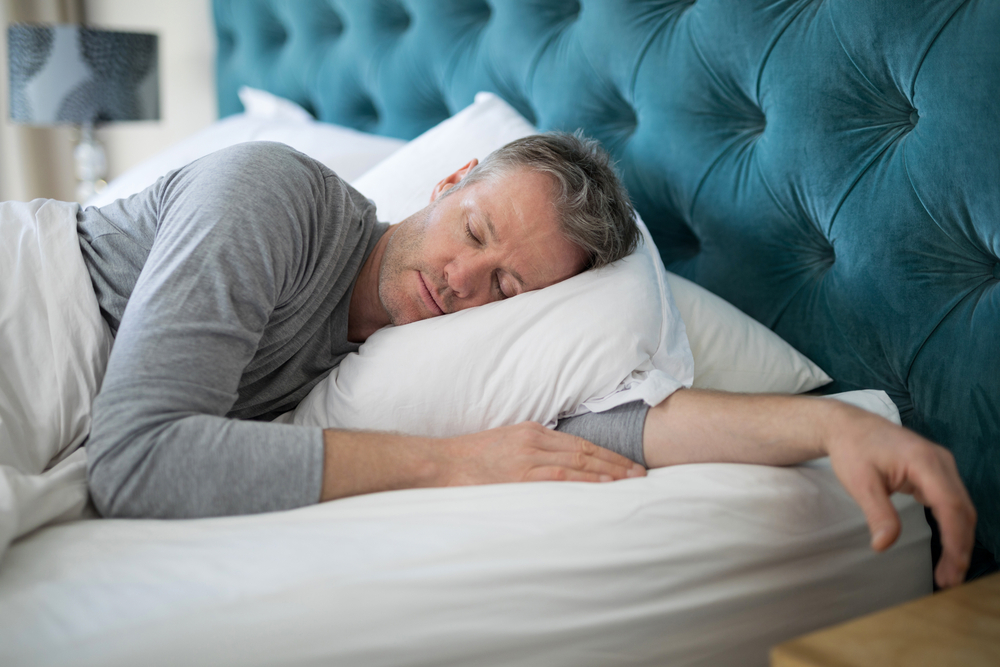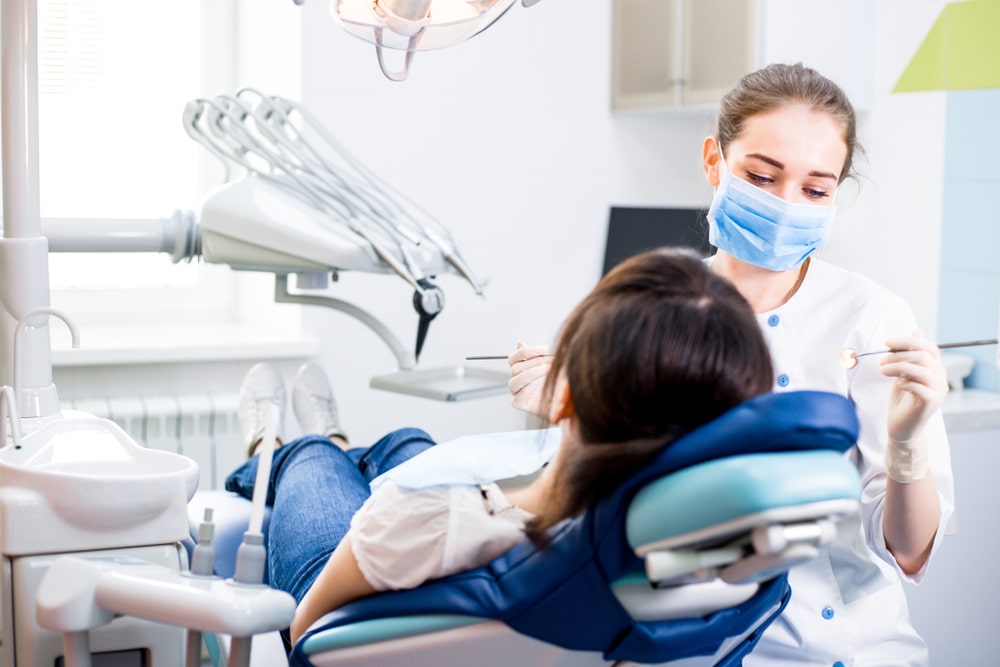Sleep. We all need it, and no matter how much we get we always seem to want more. But for some of us, sleep isn’t so easy to come by. Especially for those of us with temporomandibular joint (TMJ) disorder. That’s because sleeping in a “bad” position can exacerbate or worsen TMJ disorder symptoms. Unfortunately, sometimes a position that feels comfortable for the rest of the body is harmful to TMJ disorder. Here are some do’s and don’ts when it comes to sleep positioning with TMJ disorder.
Do:
Sleep on your back.
With proper support, sleeping on your back alleviates pressure on your temporomandibular joint. It also keeps your head and neck in proper positioning.
Get a new pillow.
Your pillow will determine the positioning of your head and neck, so it’s important to get one that offers proper support. Speak to Dr. George about what kind of pillow is best for you.
Don’t:
Sleep on your stomach or side.
Both of these positions put pressure on your temporomandibular joint, which not only pushes it out of optimal alignment, but can also increase pain and sensitivity.
Forget or choose not to wear any prescribed night guards or orthotic devices.
They are prescribed to you for a reason and will help your treatment progress. Remember, getting a good night’s sleep is vital to treating your TMJ disorder. When you are overtired and stressed, your body is tense and your posture suffers. You may even be more likely to grind your teeth. All these things contribute to the worsening of your TMJ disorder symptoms, so be sure to make proper sleep a priority every single night. Do you need to talk to Dr. George about your temporomandibular joint disorder? Make an appointment today by calling 724-220-2347.




